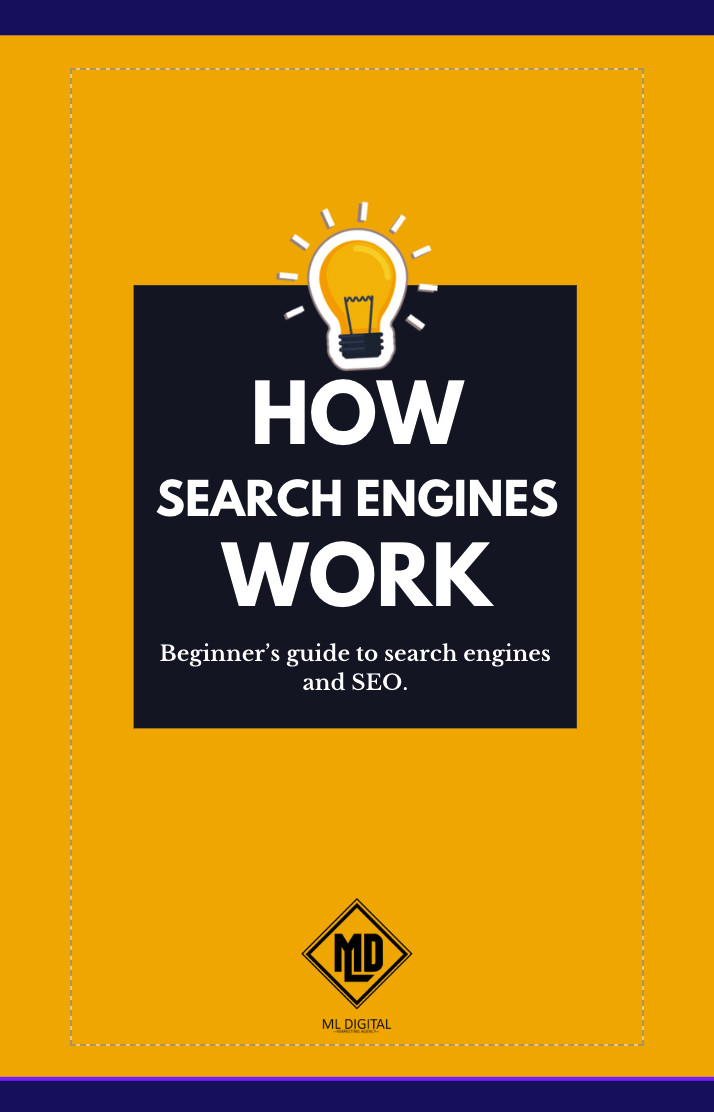Why Is SEO Still Important? (The Key to Online Visibility and Growth)
The digital landscape is evolving fast, but one thing remains constant—the importance of SEO as the backbone of online success. Whether you’re a small business, a growing startup, or an established brand, ignoring SEO is like throwing a party but forgetting to send invites. No matter how great your website is, if search engines don’t see it, your audience won’t either. Let’s dive into why SEO matters and how it directly impacts your business growth.
The Role of SEO in Today’s Digital Landscape
How Search Engines Prioritize Content in 2024
Search engines have become smarter, and ranking high on Google isn’t just about stuffing keywords anymore. Today, Google’s algorithms focus on relevance, authority, and user experience. The key factors that determine your SEO ranking include:
- Content quality – Are you providing valuable, well-researched information?
- User engagement – Are visitors staying on your page or bouncing off in seconds?
- Page experience – Is your site fast, mobile-friendly, and easy to navigate?
Moral of the story? If your website isn’t optimized for both search engines and users, it won’t stand a chance against competitors who are doing SEO right.
The Connection Between SEO and User Experience (UX)
Think about it: When you land on a slow, messy, and confusing website, do you stick around? Probably not. Google feels the same way!
SEO isn’t just about ranking—it’s about making your website more enjoyable, accessible, and useful for visitors. A well-structured, fast-loading website enhances UX, which in turn boosts SEO effectiveness.
Google rewards sites that:
- Load in under three seconds (because patience is extinct online)
- Have clear navigation (so users don’t feel like they’re in a maze)
- Are mobile-friendly (since most searches now happen on mobile devices)
Why SEO Is More Than Just Keywords
If SEO was just about keywords, we’d all be ranking #1 by now. But the importance of SEO goes beyond that—it’s about creating valuable content, earning backlinks, and optimizing technical aspects like structured data and schema markup. Simply put, SEO is a holistic approach to making your website the best it can be.
The Business Benefits of SEO
Organic Traffic vs. Paid Traffic – Which Is Better?
Let’s be honest: Ads are expensive. Sure, paid traffic brings quick results, but once you stop paying, the traffic disappears faster than a plate of cookies at a party. SEO, on the other hand, delivers consistent, long-term traffic. Organic search results also have a higher trust factor, meaning people are more likely to click on them compared to ads.
SEO as a Long-Term Investment for Brand Growth
Many businesses hesitate to invest in SEO because they don’t see instant results. But here’s the thing: SEO is like planting a tree. It takes time to grow, but once it does, it provides shade (or in this case, leads and sales) for years to come.
Companies that prioritize SEO early on often enjoy exponential growth as they build authority and trust over time.
How SEO Helps You Stay Competitive in Your Industry
Here’s a scary thought: If you’re not investing in SEO, your competitors are.
Think about your top competitors. If they’re ranking higher on Google, they’re stealing potential customers from you. By optimizing your website for SEO growth, you can level the playing field and even outperform bigger competitors.
The Evolution of SEO: Why It’s Still Relevant
The Impact of AI and Search Algorithm Updates
With AI-driven search updates like Google’s BERT and Helpful Content Update, the focus is now on natural language processing and user intent. In other words, SEO is no longer about tricking Google—it’s about genuinely helping users.
Mobile Optimization and Voice Search Trends
Did you know that over 60% of searches come from mobile devices? And let’s not forget the rise of voice search (thanks, Alexa and Siri!). Optimizing for these trends is no longer optional—it’s a necessity.
Local SEO and Its Growing Importance for Businesses
If you run a local business, SEO is your best friend. With Google My Business optimization, localized content, and customer reviews, you can appear at the top of local searches and attract more foot traffic.
How to Leverage SEO for Maximum Conversions
The Power of High-Intent Keywords and Search Intent
Not all keywords are created equal. Some drive traffic, while others drive conversions. By targeting high-intent keywords (like “best SEO agency near me” instead of just “SEO”), you attract visitors who are ready to take action.
Optimizing Your Website for Better Engagement and Clicks
Even if you rank #1, a boring title or meta description won’t get clicks.
- Use power words like “proven,” “ultimate,” or “step-by-step”
- Add numbers (e.g., “10 Reasons SEO is Still Important in 2024”)
- Keep meta descriptions concise yet persuasive
CTA Strategies That Convert SEO Traffic into Customers
SEO gets people to your website, but your CTA (Call to Action) gets them to convert. Whether it’s “Get a Free SEO Audit”, “Claim Your Free Consultation”, or “Contact Us for Expert SEO Solutions”, having a strong CTA can significantly impact conversions.
Conclusion: Why You Should Invest in SEO Now
SEO isn’t just alive—it’s thriving. In 2024, businesses that embrace SEO importance, SEO relevance, and SEO value will continue to dominate their industries.
If you’re ready to grow your online presence, attract more leads, and future-proof your business, ML Digital Marketing is here to help. Our expert SEO strategies are designed to boost visibility, drive conversions, and keep you ahead of the competition.
Now is the time to invest in SEO! Contact us for a free consultation, and let’s take your business to the top of search results!
FAQs
1. How long does it take to see results from SEO?
SEO is a long-term strategy, and results typically start showing within 3-6 months, depending on competition and optimization efforts.
2. Can SEO work without social media?
Yes, SEO can work independently, but social media helps amplify content visibility, increase backlinks, and drive more traffic.
3. Is SEO only for Google?
No, while Google dominates search, SEO also applies to Bing, Yahoo, YouTube, and even Amazon for eCommerce businesses.
4. Does SEO require ongoing maintenance?
Yes! Search algorithms, competitors, and user behavior change, so regular updates and optimizations are necessary to maintain rankings.
5. What’s the biggest mistake businesses make with SEO?
One of the biggest mistakes is focusing only on rankings instead of user experience, conversions, and quality content.








